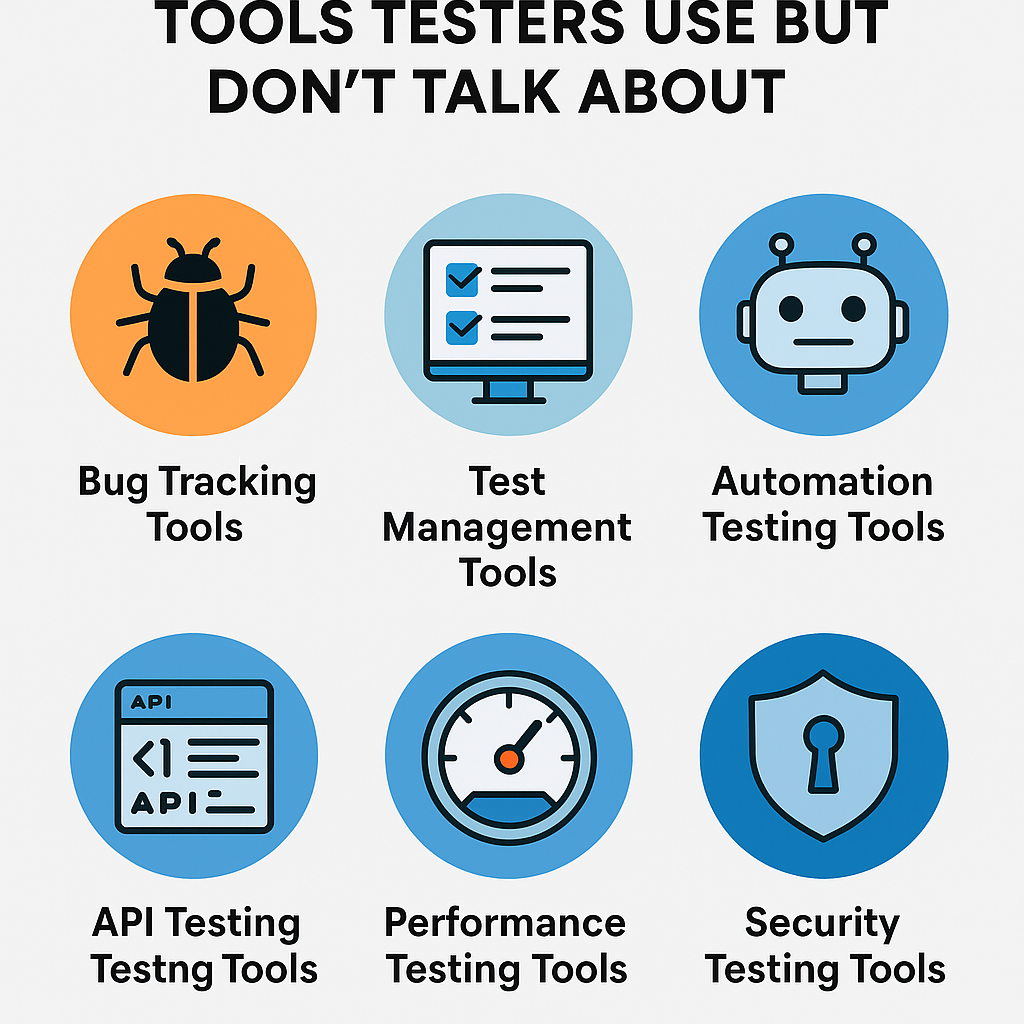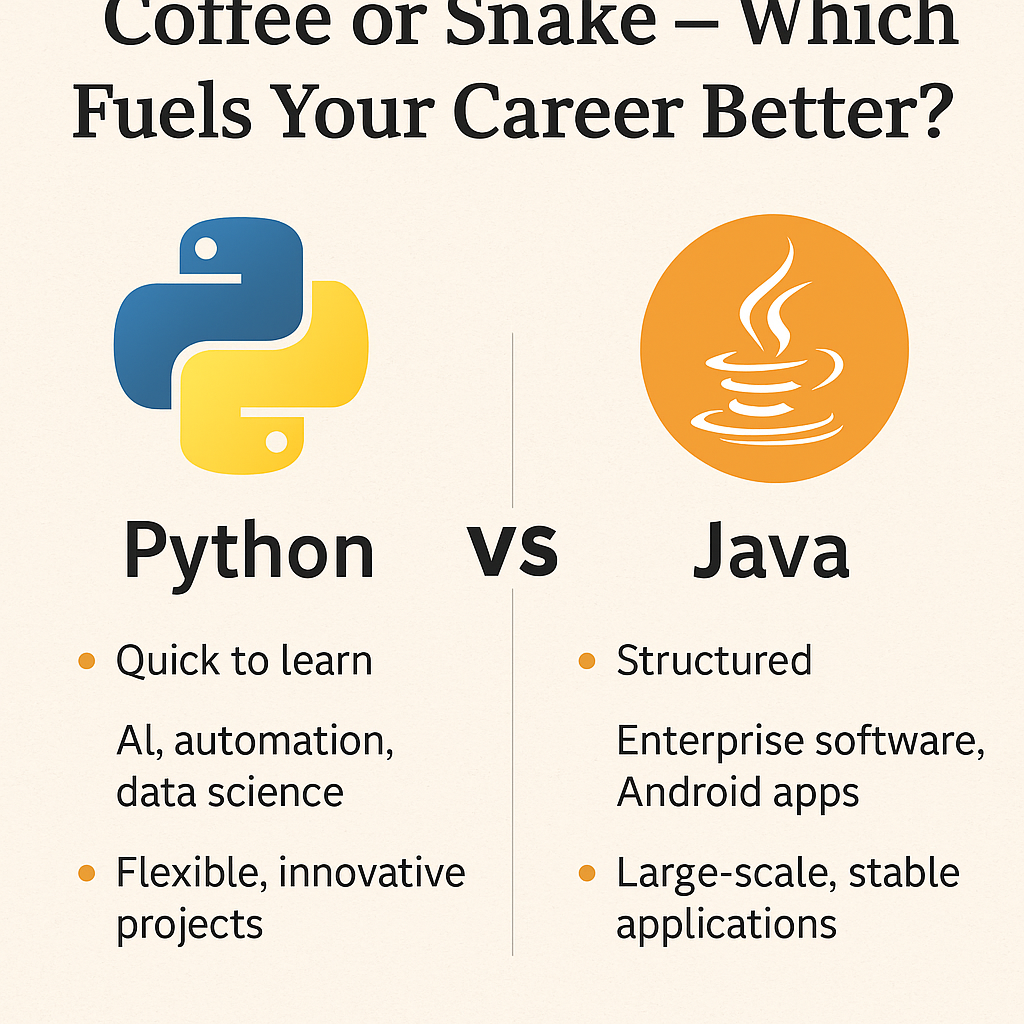So you’ve spent weeks learning Selenium. You’ve run your test scripts. Maybe even automated a login form or two. But now comes the real question:
Which language should you double down on—Python, JavaScript, or Java—if you actually want to land a job?
You’re not alone in asking this. Many testers, especially those switching careers or coming from manual backgrounds, hit the same wall. You don’t want to just learn automation—you want it to pay off with a job.
Let’s talk about how recruiters in the U.S. really view each of these languages—and how to align your skills for real hiring traction.
Python: Friendly for Beginners, Not Always First in Line
Python has a reputation for being easy to learn—and that’s absolutely true. Its clean syntax makes it a top pick for freshers or manual testers just stepping into automation. You can build your first Selenium test quickly and see results.
But when it comes to Selenium-specific roles in the U.S., Python isn’t always the top priority for hiring managers. You’ll see it more often in API testing or backend automation, and occasionally in companies doing data-focused QA.
If Python is your starting point, great. Just don’t stop at the basics. Add real project experience, GitHub integration, and CI/CD knowledge to stand out.
Java: A Bit Steeper to Learn, But Clearly in Demand
Let’s be honest—Java looks intimidating at first. More setup, more syntax, more rules. But here’s what matters:
Java is still the most requested language in Selenium automation job listings across U.S. enterprises.
From financial institutions to healthcare platforms, companies rely on Java-based automation frameworks. It’s what they’ve built their infrastructure around—and what recruiters are used to seeing.
Learning Java with Selenium gives you more than just a scripting skill. It tells recruiters you’re ready to build robust frameworks, work in larger QA teams, and handle enterprise-level projects.
If your goal is to land a long-term, automation-heavy QA role, Java gives you the strongest visibility—especially when combined with Jenkins CI/CD pipelines and version control using GitHub.
JavaScript: A Smart Choice in the Right Context
JavaScript enters the picture in a different way. It’s the default language of the web, and with the rise of testing tools like Cypress, Playwright, and WebDriverIO, JavaScript is becoming more common in frontend testing.
However, when it comes to Selenium-based automation, JavaScript isn’t the dominant player. Recruiters usually associate JS with full-stack developers or DevOps roles—not with traditional QA automation pipelines.
If you’re already from a dev background or you’re aiming for a modern test stack, learning Selenium with JavaScript could make sense. But if your focus is on QA jobs centered around Selenium, Java still leads in preference.
What Recruiters Are Really Looking For
Let’s shift the focus for a moment. It’s not just about the language. U.S. recruiters hiring for QA automation roles often look for:
- Hands-on experience with Selenium WebDriver
- Real-world automation of business applications like e-commerce or LMS platforms
- Framework knowledge (data-driven, hybrid)
- Code versioning with GitHub
- CI/CD exposure using Jenkins
- Resume-ready project portfolios
When you bring these to the table—regardless of the language—you position yourself as more than someone who followed a tutorial. You become a project-ready tester with proof of your skills.
Stuck After a Course? Here’s How to Get Unstuck
A lot of learners finish a Selenium tutorial and wonder, Now what?
The problem is that many courses stop short of what recruiters want. They show you syntax—but not how to integrate GitHub, build test frameworks, or run automated pipelines using Jenkins.
That’s where project-based learning bridges the gap.
At Infotek Solutions, we created both instructor-led and self-paced options that don’t just teach—you actually build:
- Real-world automation for e-learning and e-commerce projects
- Test cases structured for business logic, not just UI clicks
- End-to-end GitHub commits and framework design
- CI/CD jobs using Jenkins to simulate live production pipelines
Here’s how you can start:
Instructor-Led, Job-Ready Training
👉 Selenium Training with Python – Learn Test Automation
👉 Selenium Certification Training – Learn with Projects + Jenkins CI/CD
- Step-by-step guidance from expert trainers
- Real project implementation (not dummy data)
- Resume and LinkedIn optimization for QA jobs
- Ideal for job switchers, non-IT learners, and manual testers
Prefer Self-Paced Learning?
👉 Udemy Course – Selenium Real-Time Project with Data-Driven Testing
- Learn at your own pace, rewatch anytime
- Includes GitHub, framework design, and Jenkins setup
- Build and test your own working automation projects
- Great for freshers or upskillers who want flexibility
Final Thought: Don’t Just Pick a Language. Build a Portfolio That Gets You Hired.
You don’t need to be a coding genius to succeed in test automation. But you do need to show that you can test real apps, not just run sample scripts.
So whether you start with Python for comfort or jump straight into Java for demand, the key is this:
Back it up with projects, tools, and proof.
That’s what moves you from stuck… to job-ready.
Ready to build real Selenium skills and finally get noticed by recruiters?
Choose your path today:
➡️ Live Instructor-Led Classes
➡️ Self-Paced Udemy Projects
Because the right language matters—but what you do with it is what gets you hired.












